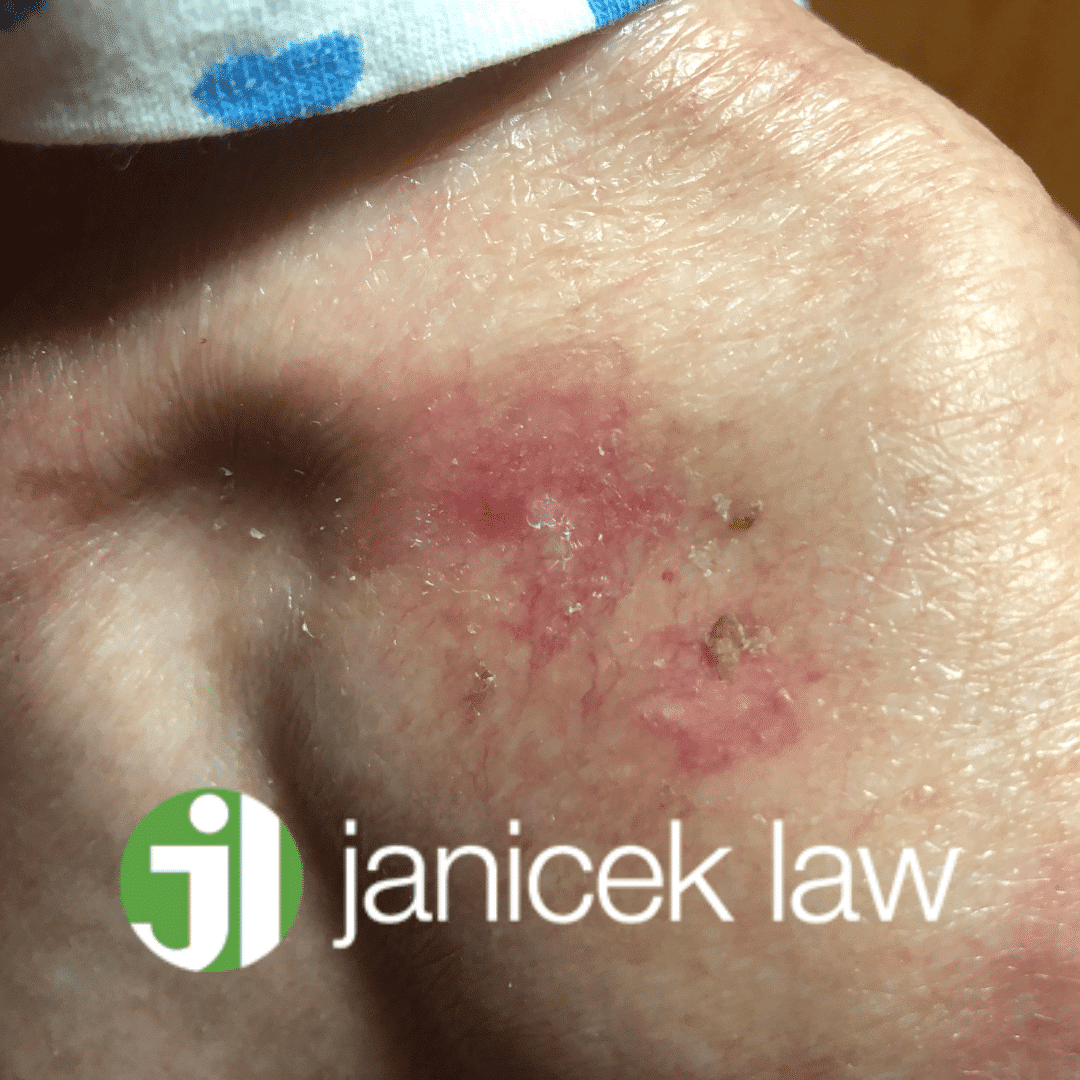When it comes to your loved one in a nursing home, you deserve the peace of mind that he or she has the best possible care. Unfortunately, in many cases, elderly patients may suffer neglect at the hands of caregivers. One warning sign of neglect includes bedsores. But, what are bedsores?
According to MayoClinic, bedsores are pressure ulcers that result from pressure on the skin. Bedsores may develop when a patient remains in bed without changing positions for long periods.
Signs of Bedsores
Bedsores have various degrees. They may develop in as little as a few hours or over several days.
In severe cases, the pressure ulcer never heals completely. One of the first warning signs of bedsores includes tender spots and redness.
You may notice the patient’s skin texture or color change. The area may swell or become cool or warm to the touch.
As bedsores become more severe, the skin may break and the site may begin to drain pus. In extreme cases, pressure ulcers can affect muscle and bone.
Common Bedsore Sites
How can you locate a bedsore on your loved one?
Upon visitation, you may want to ask about any new injuries or treatments.
Generally, bedsores appear on the tailbone, shoulder blades, back of arms, and legs for those who stay in a wheelchair.
One of the most common indications of neglect occurs when caregivers do not allow the patients to leave the bed. For patients who cannot physically leave the bed, caregivers still have to change their position regularly to avoid the development of sores.
For bedridden patients, you may see sores on the back of their head, their shoulder blades, heels, ankles, and on the hip or lower back.
If you find bedsores with signs of infection or drainage, your loved one may require medical attention as soon as possible.
Our San Antonio nursing home abuse lawyers have extensive experience litigating on behalf of those suffering from bedsore injuries.
For a free consultation, call 210-366-4949.

